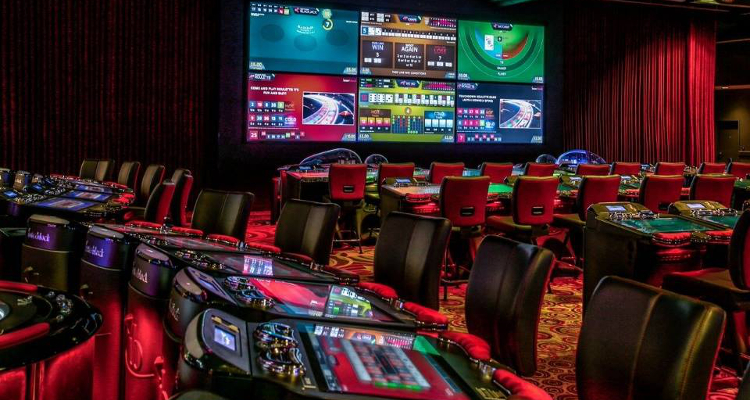In Macau, Monday reportedly saw the Gaming Inspection and Coordination Bureau regulator institute a new set of technical standards covering any electronic live-dealer gaming table destined for the city’s 40 casinos.
According to a report from GGRAsia, the new regulations define an electronic live-dealer gaming table as a device that cannot be initiated or played ‘without significant human interaction’ and where aficionados may be given the chance to ‘select a game to play from a given number of games’.
The new standards reportedly do not place any limit on the number or type of games that can be offered via an electronic live-dealer gaming table but mandate that any such unit must have been approved by a Macau-accredited testing laboratory before being placed on a casino floor.
GGRAsia explained that although electronic live-dealer gaming tables still involve dealers spinning a roulette wheel, throwing dice or drawing cards, they differ from their more traditional non-electronic counterparts in that all bet placement and settlement duties are conducted electronically via a computer. It detailed that the electronic units have recently become popular among players that may be suspicious of fully-automated machines. Casinos like the fact that their higher game speeds when compared to their live-dealer equivalents often produce greater yield-per-seat even with lower minimum wagers, GGRAsia reported.
Aggregated gross revenues from electronic live-dealer gaming tables in Macau’s casinos have reportedly grown from the $111.14 million seen for the whole of 2012 to hit $146.54 million for only the first nine months of 2017. The units purportedly are moreover popular among operators because they allow one member of staff to conduct games via a large video screen to up to 60 players versus the maximum nine competitors usually permitted at more traditional live-dealer tables.
GGRAsia reported that the new standards additionally mandate that all electronic live-dealer table games must offer the same ‘probabilities’, which are defined as rules and payouts, as their more traditional counterparts while any on-screen messages are to be displayed in Chinese and English.
Finally, GGRAsia reported that the new rules place no limit on the number of games a player can concurrently enjoy on a single electronic live-dealer gaming table with the regulations designed simply to ‘specify sufficient requirements and controls to ensure operation of dealer-operated electronic table games in a manner that is fair, secure, reliable and auditable’.
“It is not the intent to unreasonably mandate a single solution or method of realizing an objective, limit technology application to gaming equipment, limit creativity or variety of choice, limit marketability, advantage any supplier or manufacturer of equipment or preclude research and development into new technology, equipment or innovative solutions,” read a section of the new rules cited by GGRAsia.



